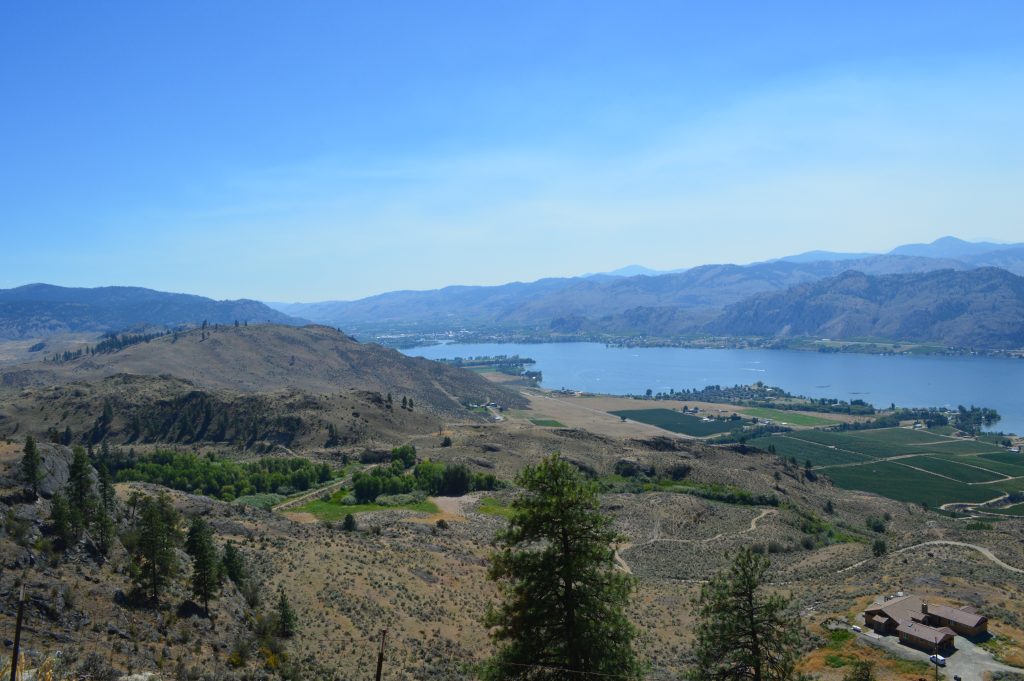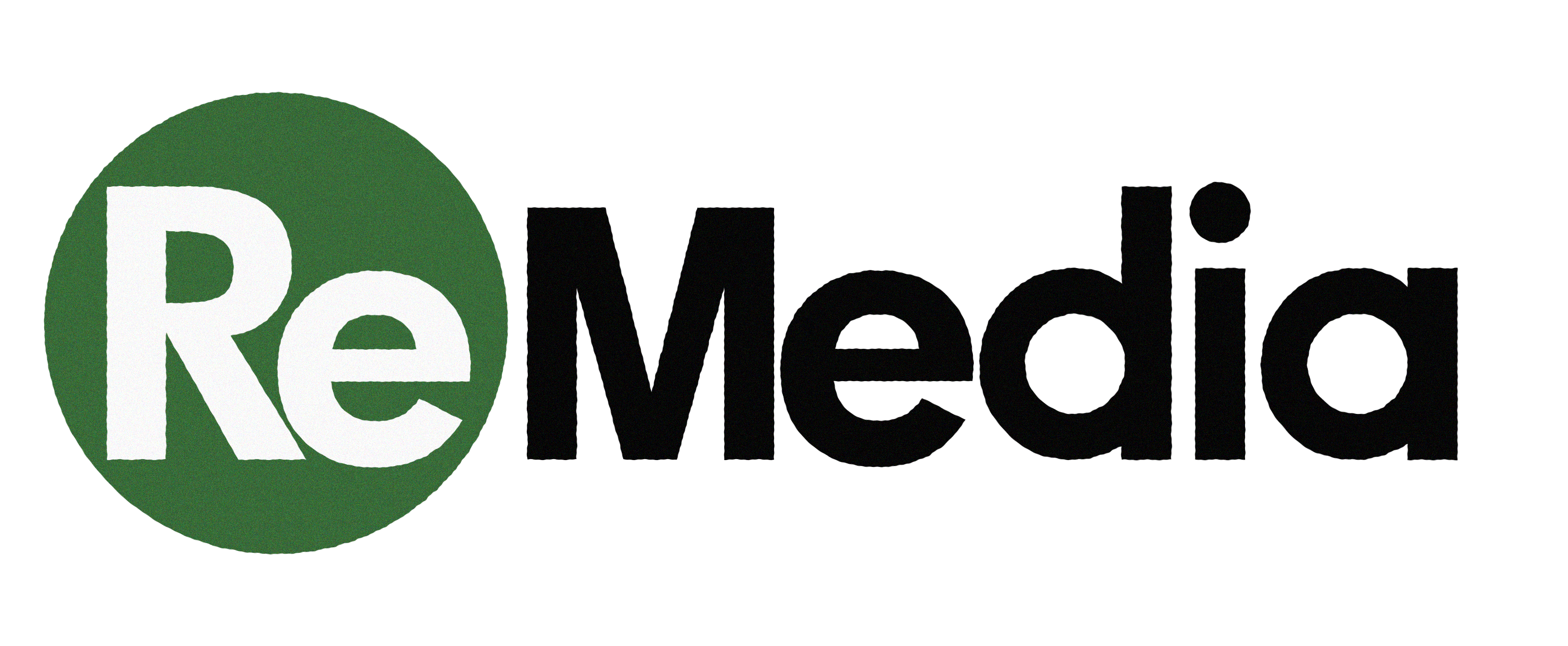This post is reblogged from the AMP Lab blog. Find the original here.
This post is the second of a three-part series about the importance and relevance of oral histories and audio recordings based on research conducted on The Pocket Desert radio documentary. The research was funded by a Faculty of Creative and Critical Studies Undergraduate Research Award (URA) and was co-supervised by Drs. Kerrie Charnley and Emily Christina Murphy.
Carefully organised and housed in the Special Collections and Archives of UBC Okanagan’s Library are The Pocket Desert fonds (1993-1996). Within these fonds are a single photograph, five compact audio cassettes, and eight centimetres of textual records that document the making of The Pocket Desert radio documentary. Produced by Osoyoos resident Gayle Cornish, The Pocket Desert aired in 1995 and 1996 on CBC Radio’s Ideas, which was hosted by Lister Sinclair. Featuring Syilx Elders, Knowledge Keepers, and community members Dr. Jeannette Armstrong, Delphine Derickson, Herman Edward, Lily Armstrong, Jane and John Stelkia, and other experts such as Dr. Geoffrey Scudder, the radio documentary examines the fragile and diverse ecology and climate of the Okanagan and the significance the land has to the Syilx Okanagan Peoples.

The audio format of The Pocket Desert allows the radio documentary to contribute to a finite collection of oral histories and audio archives based in and about the Okanagan. Consequently, The Pocket Desert offers insight into the importance and relevance of oral histories and sound recordings overall. The sonic medium allows audiences to hear the speakers share detailed verbal explanations, concerns, poetry, stories, songs, music, and experiences from their lifetimes and beyond. Listeners can hear fluctuation and changes in tone, rhythm, and pitch in the voice of the speakers and the pauses, breaths, stammering, stuttering, laughing, and silences in between. The emotions and feelings heard in the voices of the speakers greatly contribute to the meaning, knowledge, and understandings intended to be heard and communicated.
The sounds presented in The Pocket Desert emphasise the concerns being addressed throughout the radio documentary. Voices of the speakers are often lowered, slow, and strained when sharing particularly sensitive accounts or are raised, quick, and firm when describing serious topic matter. Listeners can hear the stress on certain words, delicate sighs, or frustrated stammering. Paired with material sounds like splashing water or a passing car on a paved road, discussions around issues such as water quality or the threat of urban expansion present real and tangible understandings perhaps unattainable solely through written text.
Along with the voices of the speakers, the sonic format of The Pocket Desert provides listeners with audible experience of the Okanagan. The sounds of chirping crickets, the rattling tail of a rattlesnake, the trotting of horse hooves on hardened earth, the buzzing of insects, and the splashing of water are just some examples of what can be heard––and perhaps visualised––by audiences of the radio documentary. Paired with the descriptions, stories, and explanations from the speakers, an experience of the Okanagan is pieced together. The animals mentioned by the speakers are heard both as sound effects or in the background of interviews. The splashing of water from waves or canoe paddles reflect the sounds of Osoyoos Lake as it is discussed multiple times throughout the documentary. The audio elements reaffirm what is being said and what is intended to be felt. They give listeners the sounds of the place and people they cannot see.
Works Cited
Cornish, Gayle. Audio recording of The Pocket Desert. 1995. OSC_ARC_13-2_SR001.
The Pocket Desert fonds. University of British Columbia Okanagan Special Collections and Archives, Kelowna, British Columbia, Canada.
Okanagan Special Collections and Archives. “The Pocket Desert Fonds.” Okanagan Special Collections and Archives, University of British Columbia Okanagan, https://rbscarchives.library.ubc.ca/downloads/pocket-desert-fonds.pdf.
https://rbscarchives.library.ubc.ca/downloads/pocket-desert-fonds.pdf.
